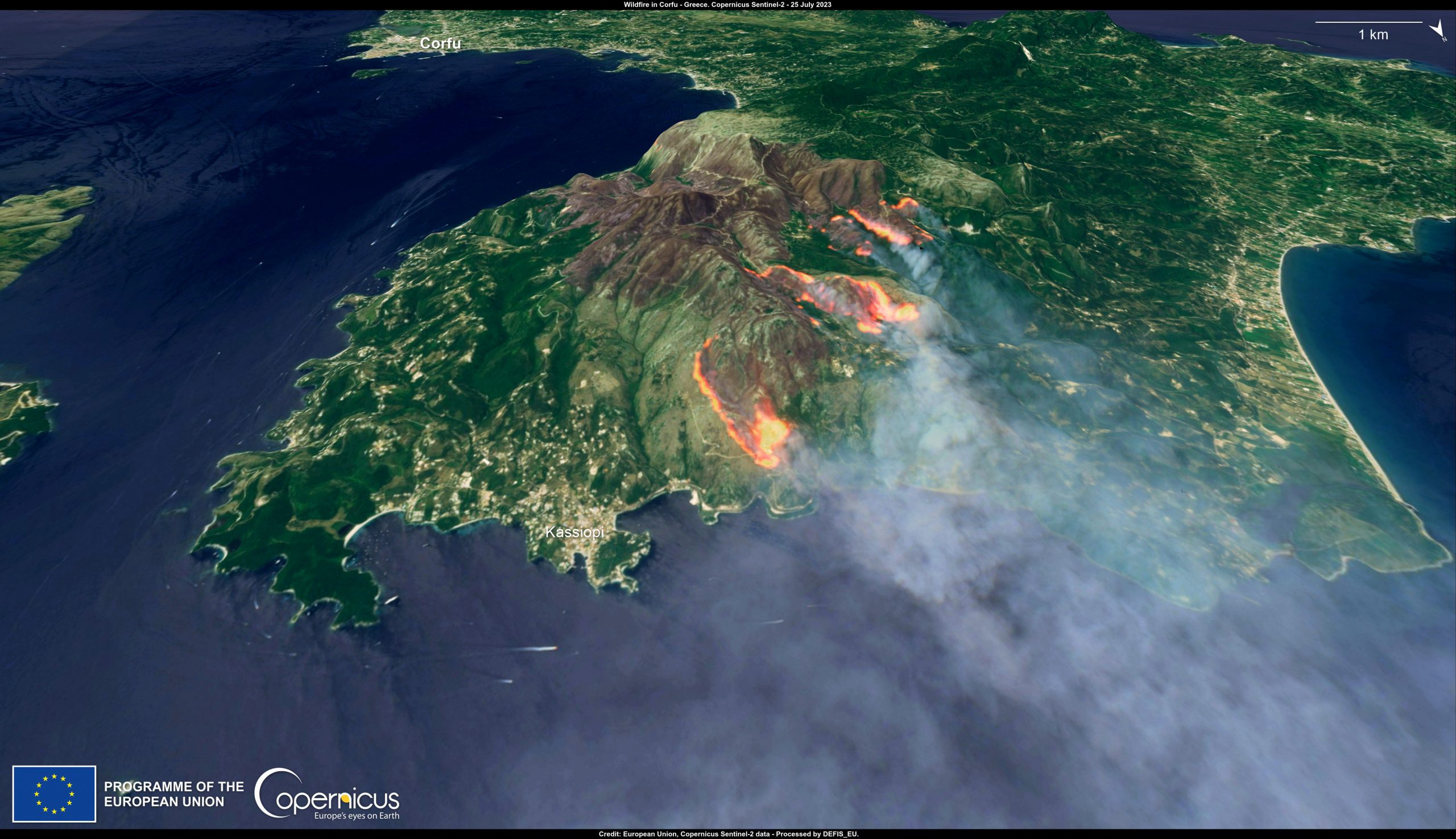Unprecedented changes in energy use, industry and other sectors are required to limit global warming below 1.5°C, according to leaked drafts of the IPCC special report due to be released in October.
The Intergovernmental Panel on Climate Change (IPCC) is preparing the special report following the request by the UNFCCC, to inform governments and U.N. agencies about the impacts of global warming of 1.5°C, as well as about the options available to reduce emissions accordingly and adapt to the most dangerous consequences.
The 2015’s Paris Agreement has the goal to hold the increase in the global average temperature to well below 2°C above pre-industrial levels, and to pursue efforts to limit the temperature increase to 1.5°C above pre-industrial levels.
The draft, obtained by Reuters and cited by several media outlets, says there is very high risk that global temperature will exceed the lowest threshold agreed in the Paris climate deal, and that the overshooting may happen by the 2040s.
The IPCC’s process assesses thousands of scientific papers published each year, mobilizing hundreds of scientists and authors across the world in several stages of review.
In a note released in January, the IPCC restates that draft texts of the report can change substantially and do not necessarily represent the IPCC’s final assessment of the state of knowledge.
The Special Report on Global Warming of 1.5°C ( whose full title is “Global Warming of 1.5°C: an IPCC special report on the impacts of global warming of 1.5°C above pre-industrial levels and related global greenhouse gas emission pathways, in the context of strengthening the global response to the threat of climate change, sustainable development, and efforts to eradicate poverty”) will be a key input of the first informal stocktake of countries’ climate pledges and efforts planned during the next UNFCCC climate conference in November this year in Katowice, Poland (COP24).
Named “Talanoa dialogue” during the latest COP held in Bonn under the Fijian presidency, the assessment will be a crucial step for revising upwards national climate action plans needed to step up pre-2020 ambition and meet the long-term goals of the Paris Agreement.
In addition to the 1.5°C study, the IPCC is working on two other special reports and one methodology report to be released in the next two years. The methodology report, entitled “2019 Refinement to the 2006 IPCC Guidelines for National Greenhouse Gas Inventories”, will be delivered in May 2019. The special reports focusing on oceans and the cryosphere and on desertification, land degradation and sustainable land management are expected in September 2019.






